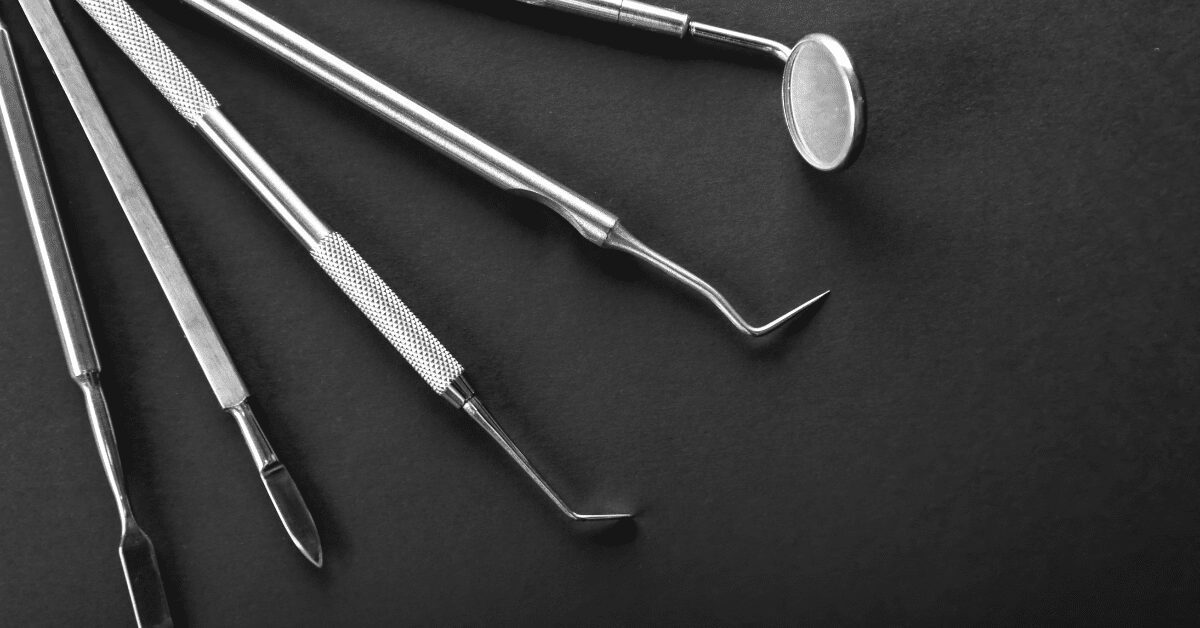Stainless steel wire is a popular material used in various medical applications due to its strength, durability, and corrosion resistance. The versatility of this material makes it ideal for use in medical applications where hygiene, reliability, and performance are crucial. Stainless steel wire is used in various medical applications, from sutures to medical devices and instruments.
Sutures are used in surgical procedures to close wounds and incisions. Stainless steel wire is a popular material used for sutures because of its strength and resistance to corrosion. The wire is often used with a needle, and the combination of the two allows for precise and accurate suturing. Additionally, stainless steel wire sutures can be sterilized using various methods, making them ideal for use in sterile environments.
Another common use of stainless steel wire in medical applications is in manufacturing medical devices and instruments. Stainless steel wire is often used to create components such as springs, clips, and catheters. These components must be reliable, durable, and corrosion-resistant, making stainless steel wire ideal. Additionally, the ability to create parts with different thicknesses and strengths allows for custom medical devices tailored to specific patient needs.
One of the benefits of stainless steel wire is that it can be shaped and formed in various ways, making it an ideal material for medical applications. The stainless steel wire can be woven into a mesh, allowing it to be used as a reinforcement in hernia repair procedures. It can also be formed into a coil or spring, allowing it to be used in pacemakers or other implantable devices.
Stainless steel wire is also used to create orthopedic implants such as plates and screws. These implants must be strong and durable enough to withstand the body’s stresses while being bio-compatible and corrosion-resistant. Stainless steel wire meets these requirements, making it a popular material for orthopedic implants.
In addition to its physical properties, stainless steel wire is also bio-compatible, meaning it can be safely used in the body without causing an adverse reaction. This property is crucial in medical applications where the material will contact bodily fluids or tissues.
In conclusion, stainless steel wire is a versatile and durable material widely used in medical applications. Its strength, durability, and corrosion resistance make it ideal for surgical sutures, medical devices and instruments, orthopedic implants, and other medical applications. The ability to shape and form the wire into various components allows for the creation of custom medical devices tailored to specific patient needs. As a bio-compatible material, stainless steel wire can be safely used in the body without causing an adverse reaction, making it an ideal choice for medical applications where hygiene, reliability, and performance are crucial.

